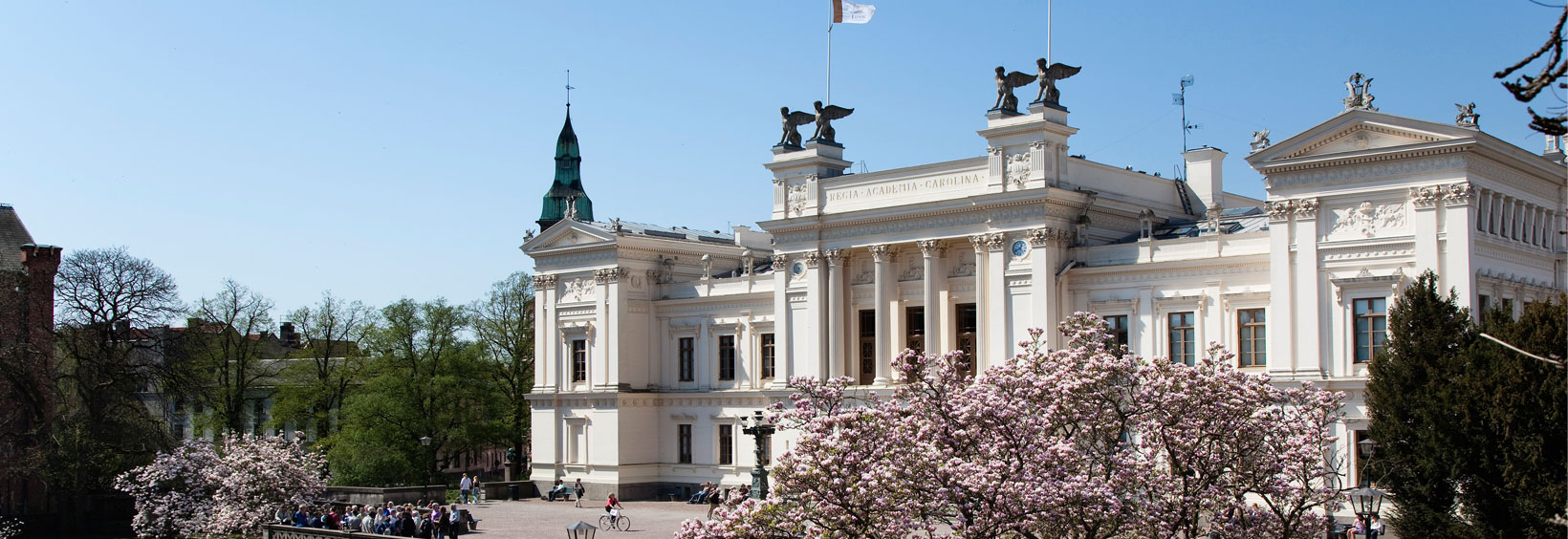Prominent community leaders like Rabbi Steven Carr Reuben, Prof. Holli Levitsky, Museum Director Randol Schoenberg, Congressman Henry Waxman endorse and stress the importance of translating and digitizing the Lund University Ravensbruck Archive.
Click here for a printable pdf brochure about the Ravensbruck project.
”Ravensbruck Concentration Camp was built to house primarily women and children. Anything that can be done to document the atrocities that occurred there must be done! We thank the people of Sweden for their unyielding support of Jewish and other Ravensbruck refugees after WWII.”
U.S. Congressman Henry Waxman
Congressional Liaison to the United States Holocaust Memorial Museum
”We must never forget the sad and unimaginable lessons of the Holocaust. Once translated, Lund University’s Ravensbrück Archive will allow us to educate generations to come.”
Rabbi Steven Carr Reuben
Kehillat Israel
Former President of the Board of Rabbis of Southern California
”Holocaust evidence is becoming increasingly fragile and scarce. The Ravensbrück Archive is a revelation that will help to teach history and prevent it from repeating itself.”
Holli Levitsky
Founder and Director of the Jewish Studies Program
Professor of Holocaust Studies at Loyola Marymount University
”This Ravensbrück Archive is a lost treasure. Its translation and preservation offers an opportunity to reclaim an important slice of history and worthy of exhibition at the L.A. Museum of The Holocaust.”
E. Randol Schoenberg
President, L.A. Museum of the Holocaust
For further information contact Robert Resnick <robert.resnick@lunduniversityfoundation.org>

